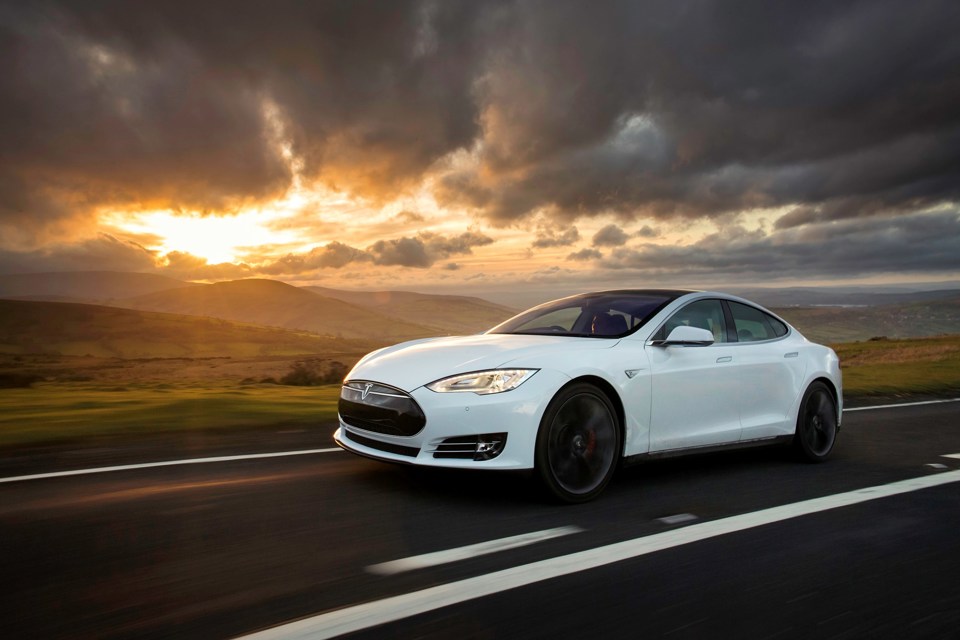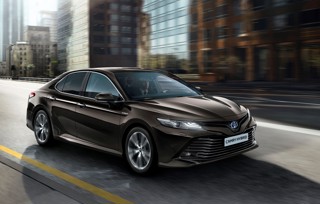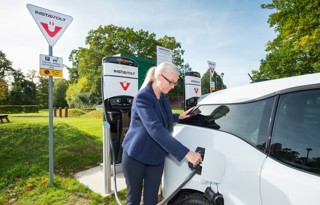Tesla is predicted to sell the most electric cars in 2019, but by 2021, Mercedes – fifth in the global ranking in 2019 – will become the market leader in EV production, predicts PA Consulting.
By 2021, Tesla is expected to fall to seventh place, with German carmakers – Mercedes, BMW and VW – coming first, second and fourth respectively. Renault Nissan Mitsubishi are expected to be ranked third.
Tesla, says PA Consulting, faces an uncertain future due to production problems of Model 3 and its profit expectations.
However, the electric carmaker may be able to overcome some of those issues after signing an agreement with Chinese authorities to build a factory in Shanghai. The "Gigafactory" would be Tesla's first outside of the US.
It intends to be producing 500,000 vehicles within five years of construction, which is due to start in the "near future", the company said in a statement.
To build the ranking, PA Consulting scored six key success factors out of 100, using an average to determine a car maker’s e-mobility potential:
- Technology and strategy (model portfolio and technology roadmap) – 30% weighting factor
- Battery technology (cost position and technology maturity) – 20% weighting factor
- Culture and incentives (leadership and incentive system) – 10% weighting factor
- Supplier network (value chain integration) – 15% weighting factor
- Ecosystem and partners (charging technology and third-party services) – 15% weighting factor
- Financial performance (EBIT as e-mobility investment indication) – 10% weighting factor
Thomas Goettle, head of automotive at PA Consulting, said: “Achieving CO2 targets and improving car makers’ future mobility performance score go hand in hand. However, this call to action will come with a huge impact on the companies’ staff resources.
“Our research shows that the roles of 267,000 employees at 16 brands across Europe will be under threat, of which 141,000 employees may need re-qualification – all within the next decade.”
He continued: “To improve their future mobility performance score and meet CO2 targets by 2021, car makers should not only accelerate and realign their new product development, they need to consider value creation in their supply chain and increase sales by customer focus.”
Future Mobility Performance Score – 2019 vs. 2021
|
Car maker |
Future mobility score 2019 |
Rank in 2019 |
Future mobility score 2021 |
Rank in 2021 |
|
Tesla |
82 |
1 |
81 |
7 |
|
Renault/Nissan /Mitsubishi |
79 |
2 |
85 |
3 |
|
BMW |
78 |
3 |
87 |
2 |
|
Hyundai Kia |
72 |
4 |
79 |
8 |
|
Daimler |
71 |
5 |
88 |
1 |
|
Volvo |
70 |
6 |
83 |
5 |
|
Volkswagen |
69 |
7 |
84 |
4 |
|
Toyota |
66 |
8 |
82 |
6 |
|
General Motors |
62 |
9 |
68 |
10 |
|
Jaguar/Land Rover |
60 |
10 |
75 |
9 |
|
PSA/Citroen/Opel |
58 |
11 |
66 |
11 |
|
Ford |
45 |
12 |
61 |
12 |
|
Fiat Chrysler |
30 |
13 |
41 |
13 |
























Ross Stalker - 12/07/2018 08:38
Thanks a vary good article, can you offer any value for the volume or capacity of the battery packs.